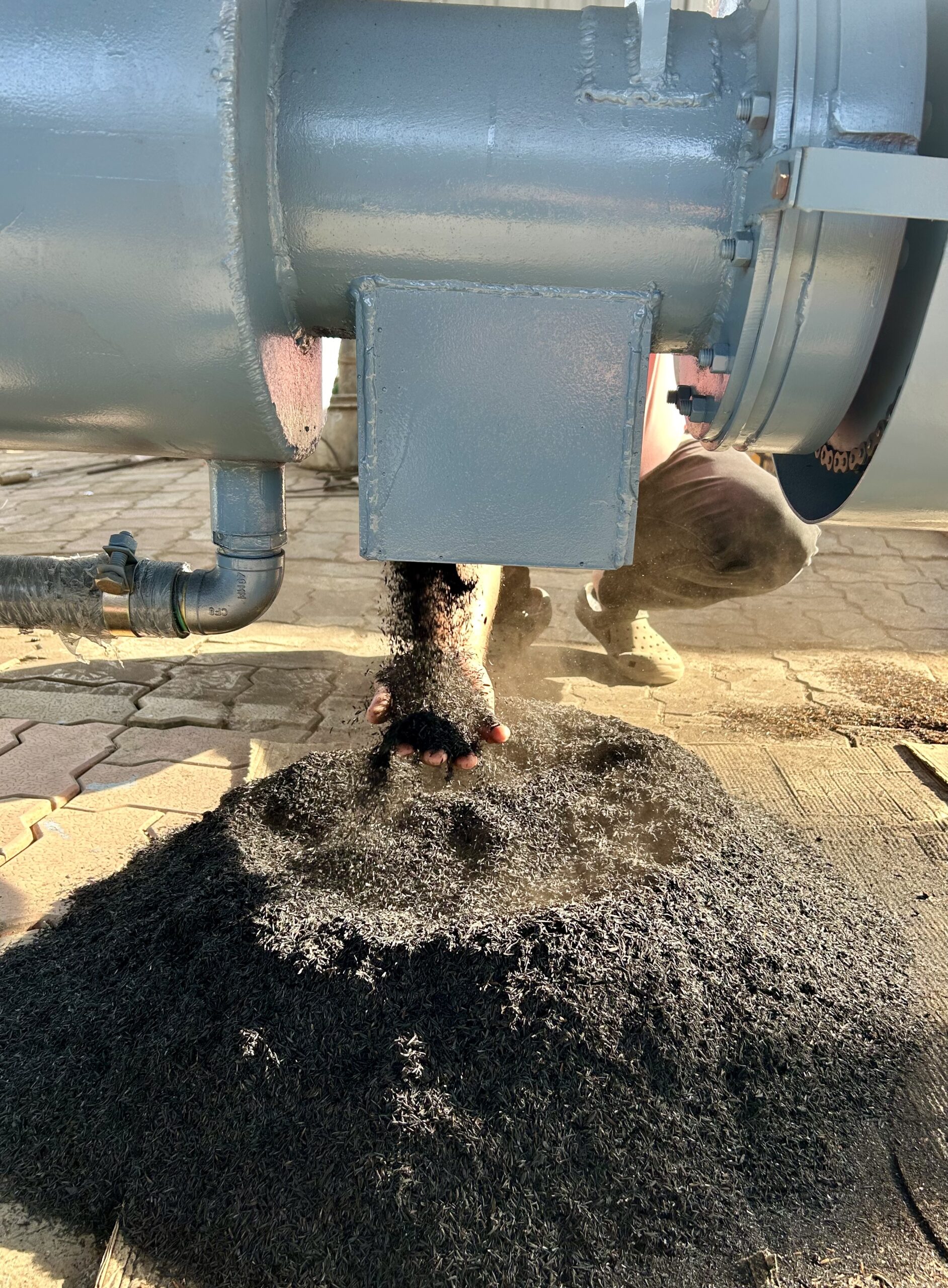The Industry leading Carbonization Technology

According to UN ,Climate change refers to long-term shifts in temperatures and weather patterns. These shifts may be natural, such as through variations in the solar cycle. But since the 1800s, human activities have been the main driver of climate change, primarily due to burning fossil fuels like coal, oil and gas.
Burning fossil fuels generates greenhouse gas emissions that act like a blanket wrapped around the Earth, trapping the sun’s heat and raising temperatures.
Examples of greenhouse gas emissions that are causing climate change include carbon dioxide and methane. These come from using gasoline for driving a car or coal for heating a building, for example. Clearing land and forests can also release carbon dioxide. Landfills for garbage are a major source of methane emissions.✨ Latest Post
Part Of Climate Change

Biochar
According to the International Biochar Initiative (IBI), the most accepted and standardized definition of biochar is “It is a carbon-rich solid material obtained from biomass thermochemical conversion under oxygen-free conditions.
Recently, biochar has drawn close consideration due to its possible application in a soil amendment to improve soil fertility and water holding capacity, carbon sequestration, clean fuel, heavy metal adsorption from aqueous solutions, and other scientific and industrial usages.
Biochar contains organic matter and nutrients, its addition increased soil pH, electric conductivity (EC), organic carbon (C), total nitrogen (TN), available phosphorus (P), and the cation-exchange capacity (CEC).Wood Vinegar
- Enhancement of the root system of plants;
- Improving the germination of seeds after 24 hours soaking;
- The rooting system is stronger;
- Higher sugar content and better tasting fruit;
- Boosts plant resistance to disease;
- Speeds up the composting process;
- Prevents bacterial disease in plants and crops;
- Stimulates growth in vegetables;
- Increases fertility in the soil.





